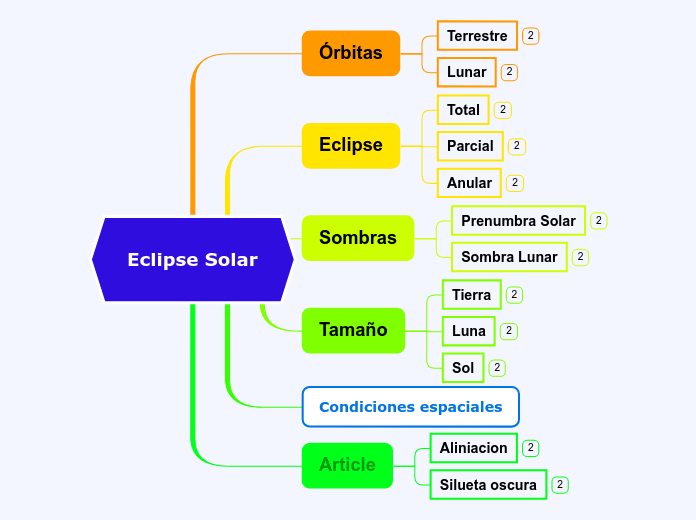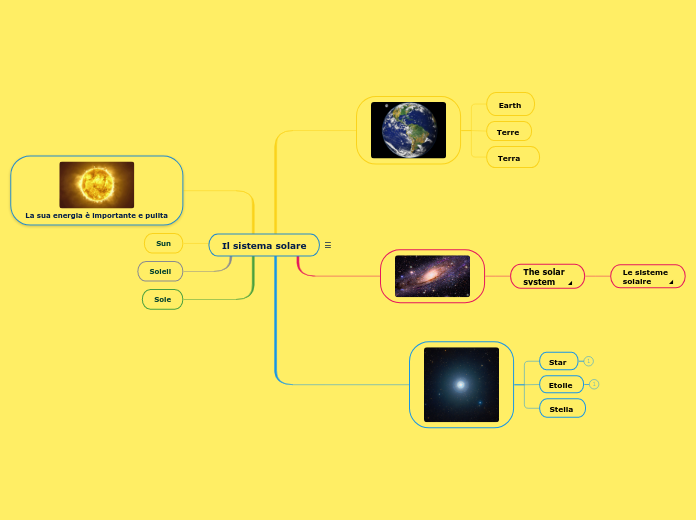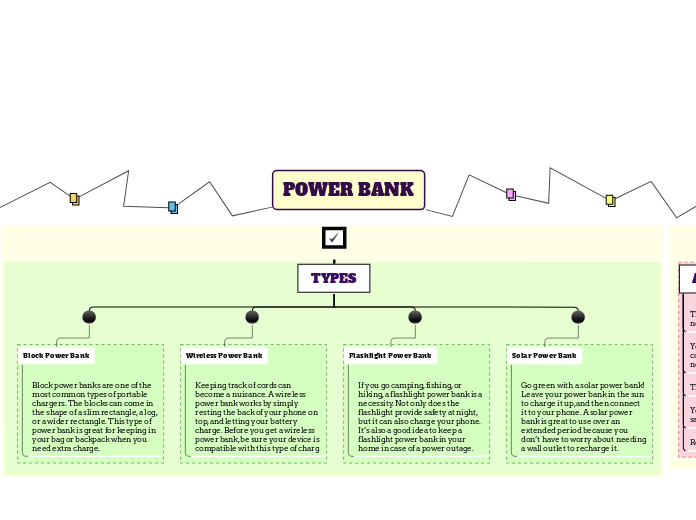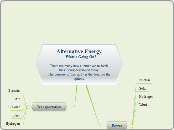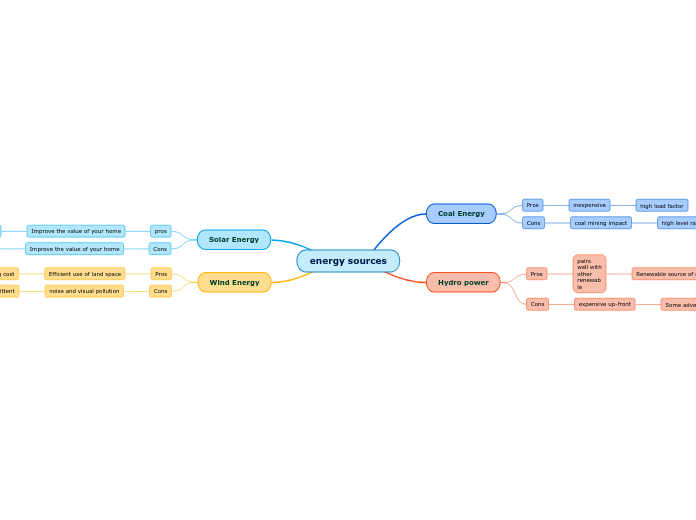Eclipse Solar
The part of speech is a category to which a word is assigned according to its syntactic functions. In English the main parts of speech are noun, pronoun, adjective, determiner, verb, adverb, preposition, conjunction, and interjection.
Article
An article is a word used to modify a noun, which is a person, place, object, or idea. Technically, an article is an adjective, which is any word that modifies a noun.
Silueta oscura
Indefinite articles are the words 'a' and 'an.' Each of these articles is used to refer to a noun, but the noun being referred to is not a specific person, place, object, or idea. It can be any noun from a group of nouns.
A car in the parking lot.
Aliniacion
It refers directly to a specific noun or groups of nouns.
The breakfast on my plate.
Condiciones espaciales
Tamaño
A pronoun is a word that can be used in place of a noun, typically after the noun itself has already been stated.
Sol
Unlike demonstrative pronouns, which point out specific items, indefinite pronouns are used for non-specific things. This is the largest group of pronouns. All, some, any, several, anyone, nobody, each, both, few, either, none, one, and no one are the most common.
None, Several
Luna
Relative pronouns are used to add more information to a sentence. Which, that, who (including whom and whose), and where are all relative pronouns.
Which, Where
Tierra
Interrogative pronouns are used in questions. Although they are classified as pronouns, it is not easy to see how they replace nouns. Who, which, what, where, and how are all interrogative pronouns.
Which, Who
Sombras
An adjective is a word that's used to describe a specific noun and to provide more detail to the listener.
Sombra Lunar
Superlative adjectives demonstrate a higher level of comparison between entities.
She is the prettiest princess.
Prenumbra Solar
Expresses a comparison between two entities or groups of entities in quality or degree.
He is taller than she is.
Eclipse
A noun is defined as a person, place, thing or idea. Proper nouns always begin with a capital letter. Common nouns, which are general words, such as 'cars,' are not capitalized.
Anular
Compound nouns are words where two nouns have been stuck together to make a new noun. Compound nouns should be written as one word, without a hyphen.
Candlestick
Parcial
A noun which refers to a group of things/people.
Family, Class
Total
Countable nouns are nouns that can be counted, even if the number might be extraordinarily high.
Uncountable nouns are nouns that come in a state or quantity which is impossible to count; liquids are uncountable, as are things which act
like liquids.
Cats, Rain
Órbitas
A verb is an action word or 'doing' word that signifies movement in some way.
Lunar
An auxiliary verb helps the main (full) verb and is also called a 'helping verb.' With auxiliary verbs, you can write sentences in different tenses, moods, or voices.
You have been practicing hard.
Terrestre
A participle is a verb form that can be used as an adjective or to create a verb tense. There are two types of participles: Present participle (ending -ing) and Past participle (usually ending -ed, -d, -t, -en, or -n).
Create sentences
The winning athlete gets a trophy.
